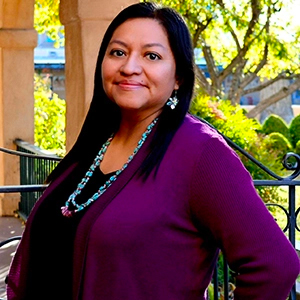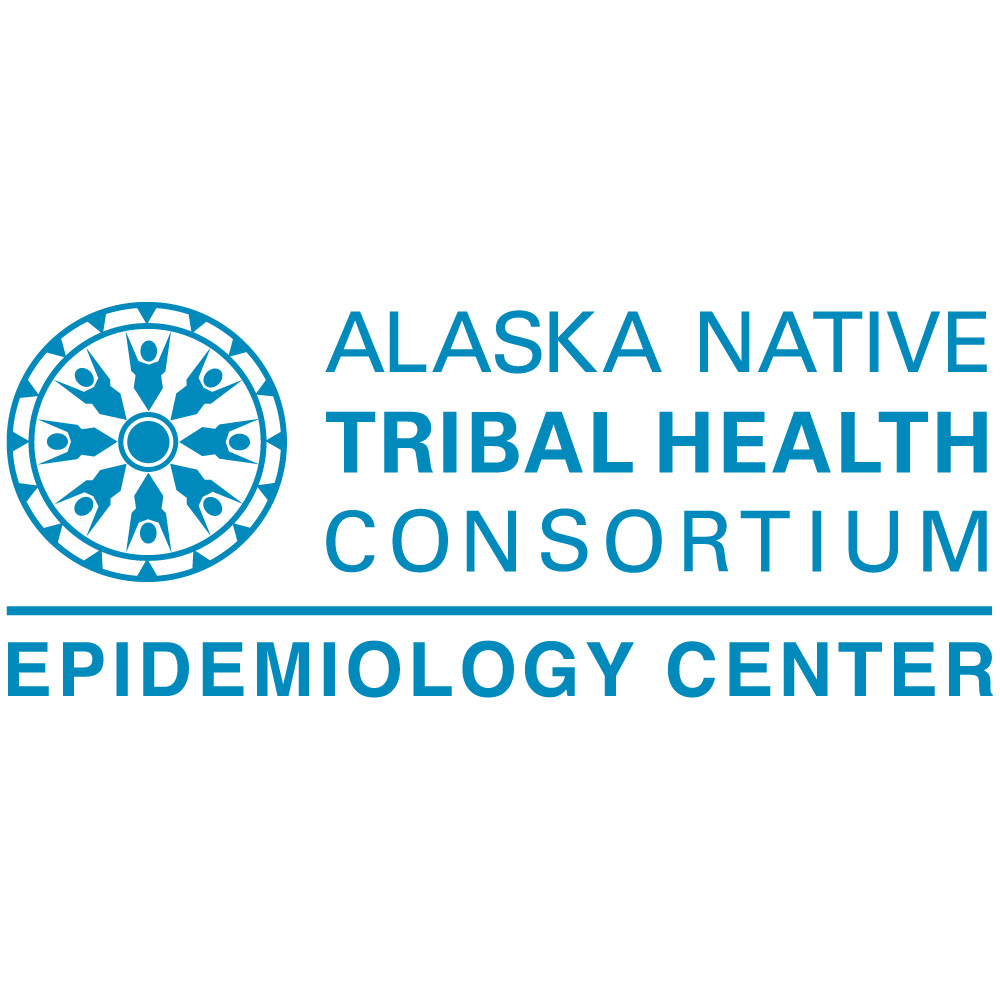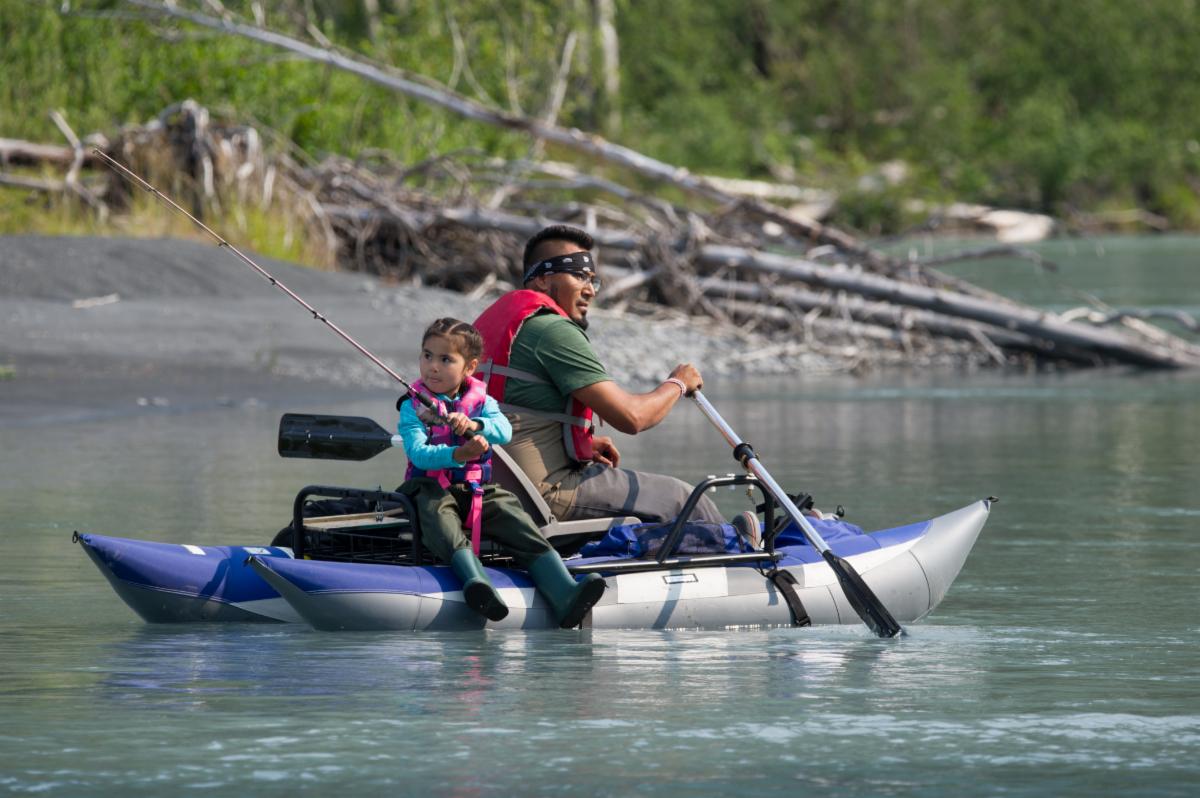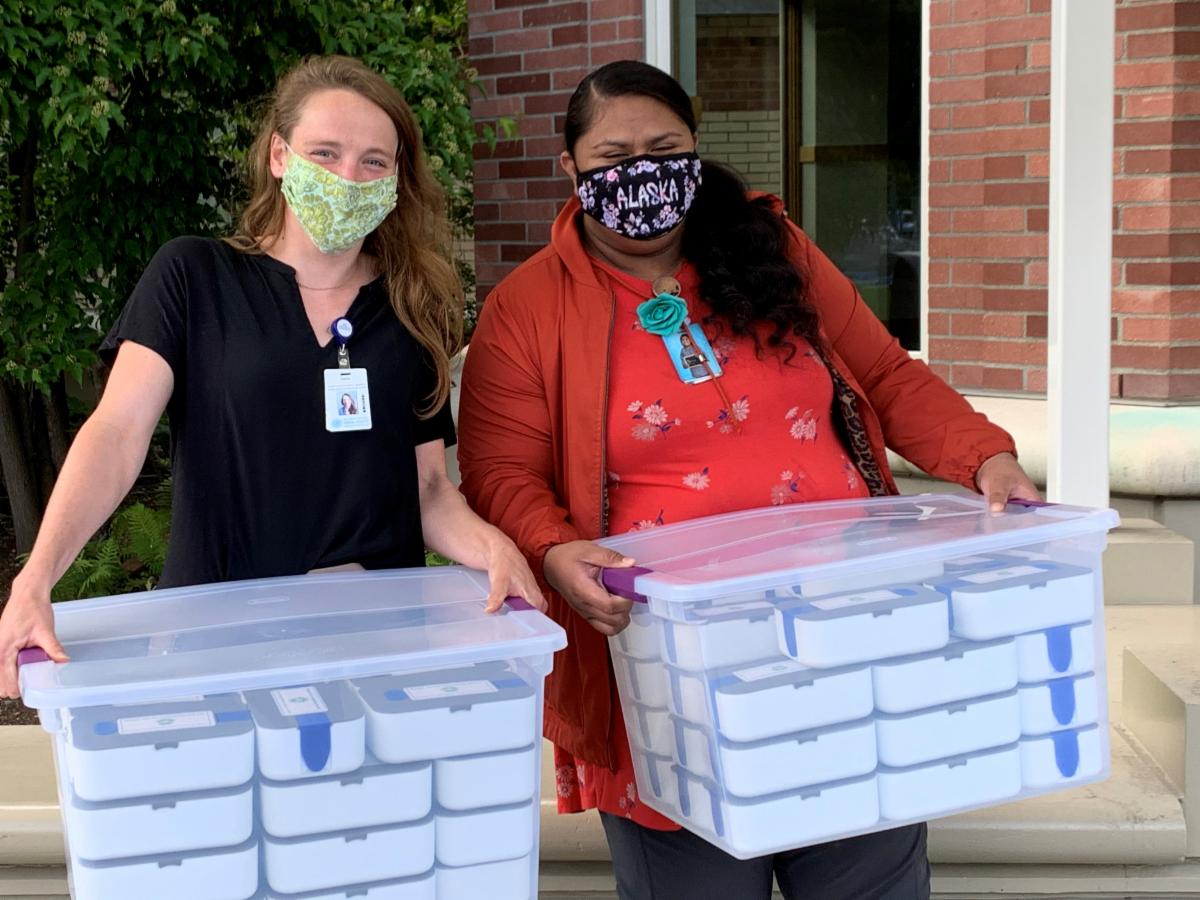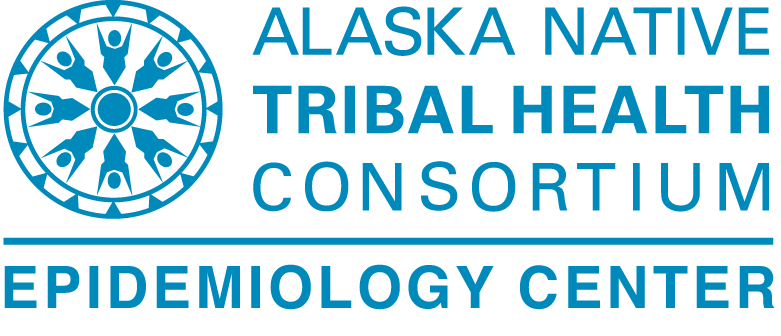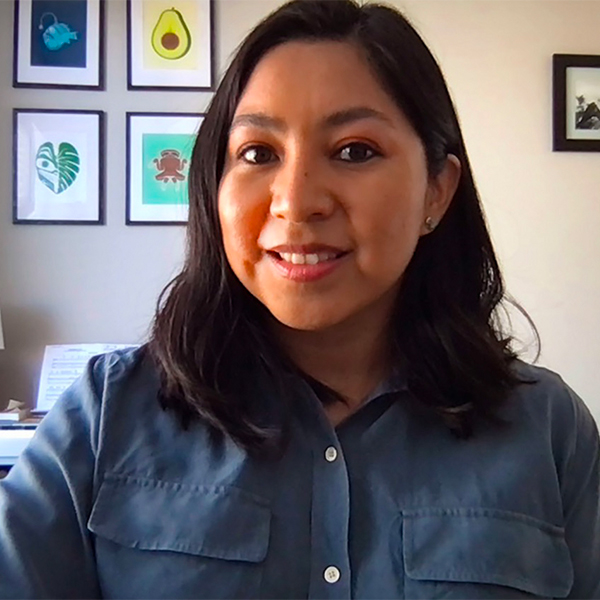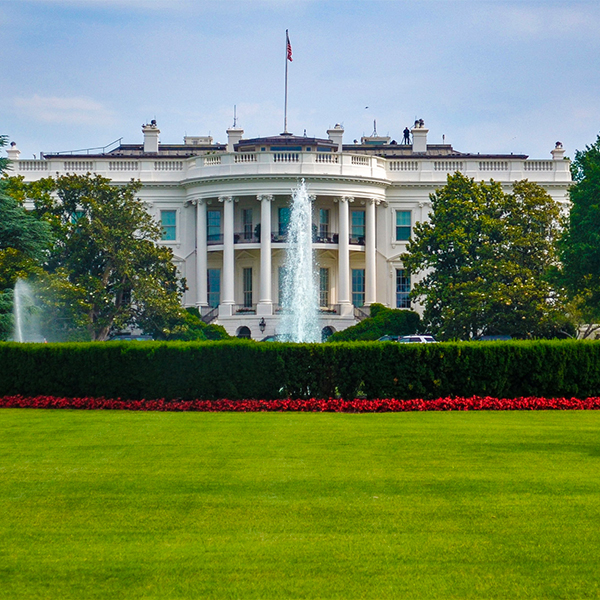
Janna Vallo is from the Pueblo of Acoma. She is the Commercial Tobacco Control & Prevention Coordinator under the CDC Good Health and Wellness in Indian Country Program at the Albuquerque Area Southwest Tribal Epidemiology Center (AASTEC).
Janna currently chairs the New Mexico Credentialing Board for Behavioral Health Professionals, the New Mexico Allied Council on Tobacco, and the Southwest Tribal Tobacco Coalition. Janna provides interactive facilitation, networking, technical support, and training opportunities for Tribal communities seeking to build their knowledge around Commercial Tobacco Prevention, while respecting traditional and sacred uses of tobacco.
Although the pandemic gave us a challenging year, AASTEC was able to reach out to all their local tribal partners, as well as national tribal partners, to provide monthly virtual presentations around commercial tobacco. They provided technical assistance as requested to tribes around commercial tobacco and COVID-19. They also created packets for tribal casinos to positively encourage them to maintain their smoke-free status, with the hopes of them making it a long-term policy. AASTEC worked to embrace the change to a virtual platform that allowed us to network and collaborate nationally to grow the efforts around commercial tobacco cessation and prevention. They consider this work continuous and fun!

